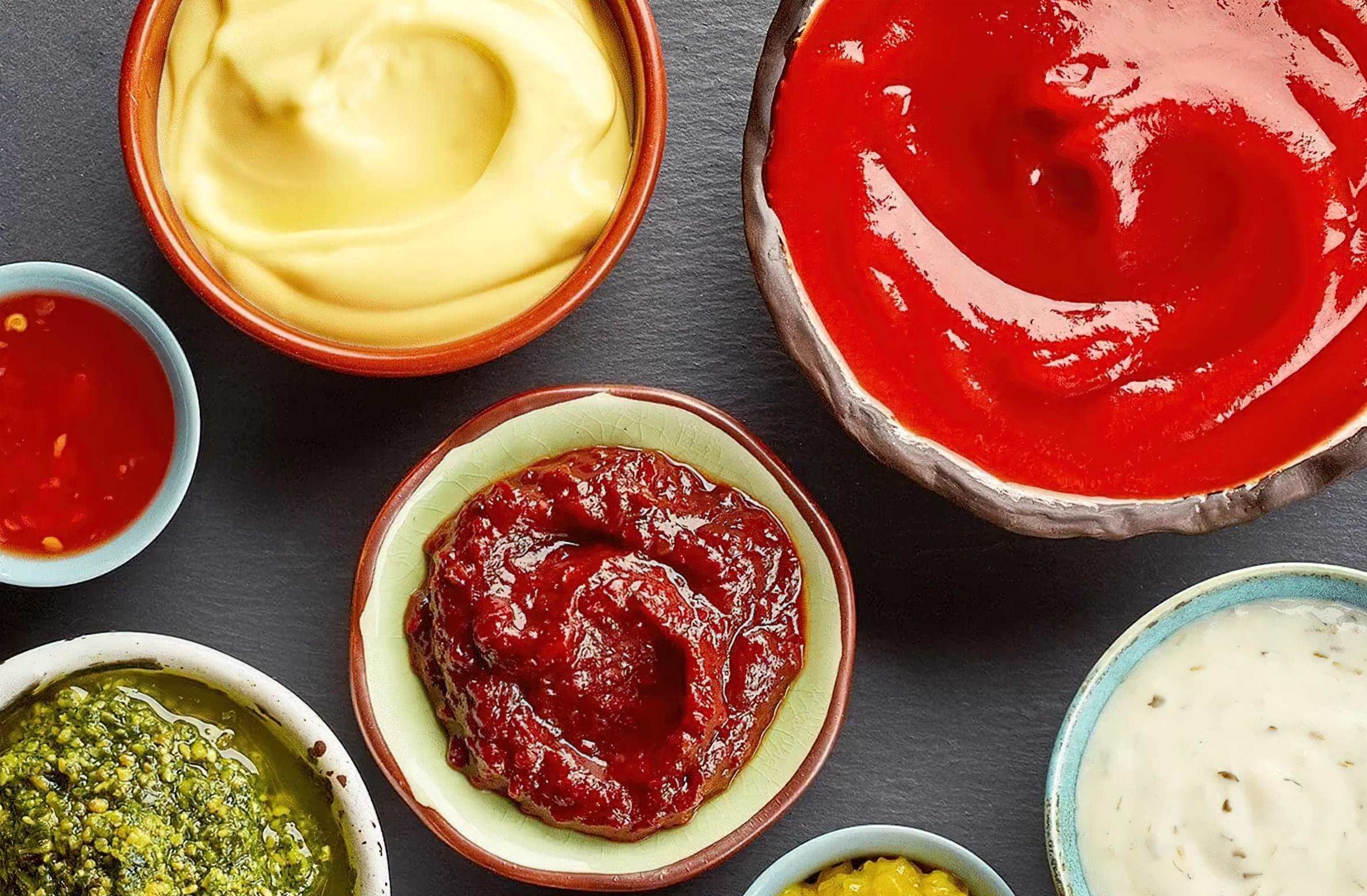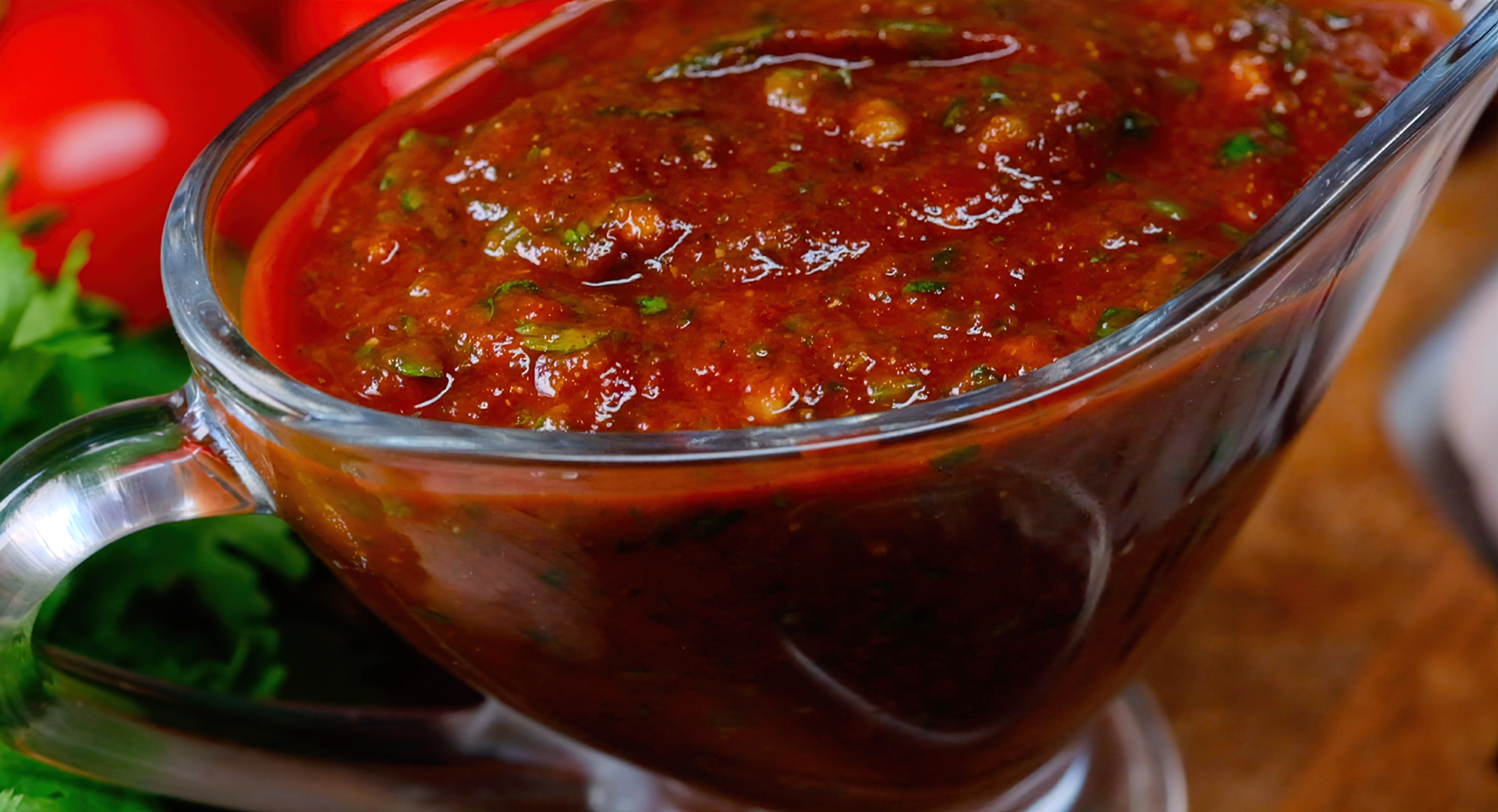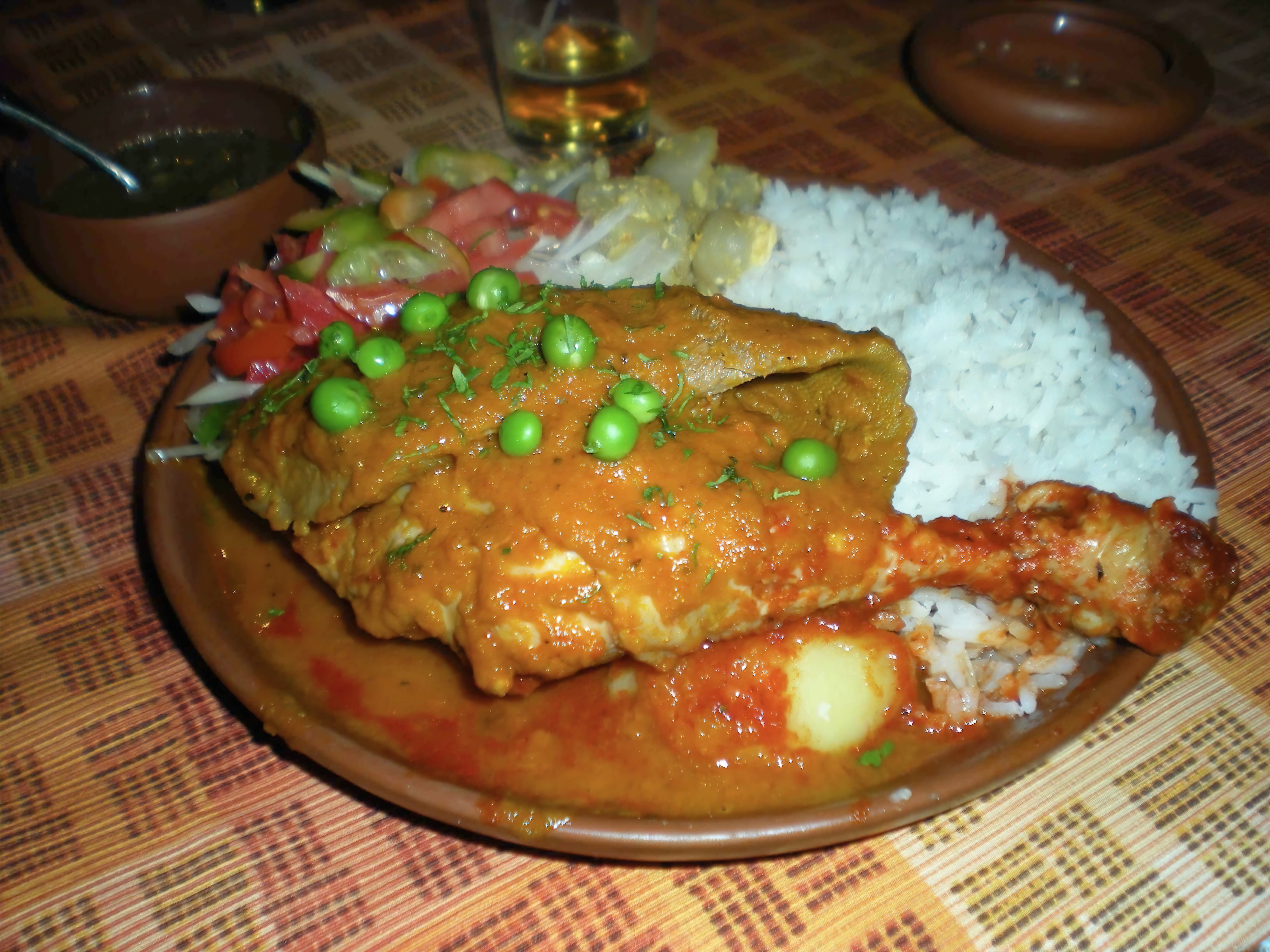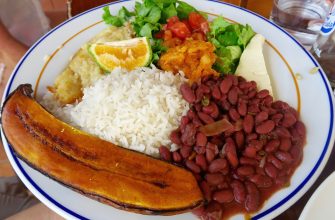Bolivian Saice, a beef stew rich in flavors and spices, is a culinary symbol of Bolivia. It is known not just for its heat and heartiness, but for its unique combination of ingredients that mirror the country’s diverse culture.
A Deeper Look Into Bolivian Saice
Saice, pronounced “sigh-seh,” is traditionally made with ground beef, although some variations use diced beef. What makes this dish truly stand out is the mix of spices and ingredients, including cumin, oregano, and the distinctively Bolivian pepper known as aji colorado.
Here’s a simple recipe to bring a taste of Bolivia into your kitchen:
Ingredients:
- 500g ground beef
- 1 large onion, finely chopped
- 2 garlic cloves, minced
- 2 large tomatoes, chopped
- 1 tsp ground cumin
- 1 tsp oregano
- 2 tbsp aji colorado (Bolivian red pepper), or substitute with paprika
- 2 large potatoes, cubed
- 1 cup peas
- Salt and pepper to taste
- Fresh parsley, chopped (for garnish)
Cooking Method:
- Heat a large pot over medium heat. Add the ground beef and cook until browned. Remove the beef from the pot and set aside.
- In the same pot, add the chopped onion and minced garlic. Sauté until the onions are translucent.
- Add the tomatoes to the pot along with the ground cumin, oregano, and aji colorado. Mix well to combine the spices with the vegetables.
- Return the browned beef to the pot. Add the cubed potatoes and peas, then pour in enough water to cover the ingredients.
- Let the stew simmer on low heat for about an hour, or until the potatoes are tender and the flavors have melded together. Season with salt and pepper to taste.
- Serve the saice hot, garnished with fresh parsley. This dish is typically enjoyed with a side of rice or quinoa.
This Bolivian Saice recipe provides a rich, spicy, and hearty meal perfect for colder days. Its unique flavor profile will transport you to the heart of Bolivia, making it a great dish to serve at a Latin-themed dinner party or a family gathering.
Unveiling the Origins of Saice
Saice has a fascinating history that reflects Bolivia’s diverse influences. While the dish is a staple of Bolivian cuisine, its flavors and ingredients have evolved over time, reflecting the country’s geographic diversity and multicultural history.
The next time you’re feeling adventurous in the kitchen, why not journey to the heart of Bolivia by preparing a pot of saice? With its heartwarming flavors and nutritious ingredients, it’s sure to be a hit with everyone at the table.
Spicing It Up: Adapting Saice to Your Taste
The beauty of Saice, like many traditional dishes, lies in its adaptability. Recipes have been passed down generations, with each adding a touch of personal flair. Some like it spicier, adding more aji colorado. Others prefer a milder version, replacing aji with milder peppers or even paprika.
Vegetarian or vegan? Swap the beef with tofu or a meat substitute, and use vegetable broth instead of water. These adjustments can make this hearty dish accessible to all food preferences without compromising its Bolivian soul.
Pairing Saice with Sides
While Saice is a complete meal on its own, it is often served with sides. Bolivian tradition suggests a serving of rice or quinoa to soak up the flavorful sauce. A fresh salad with avocado, lettuce, and tomatoes provides a refreshing counterpoint to the hearty stew. Pair it with a glass of red wine, and you’ll have a feast fit for a king.
In Conclusion: The Global Appeal of Bolivian Saice
Bolivian Saice goes beyond being a simple beef stew. It’s a culinary journey that encapsulates the rich history and diverse culture of Bolivia. The recipe allows for variations, making it a favorite amongst home cooks globally.
Remember, cooking is about joy and experimentation. Don’t hesitate to tweak the recipe, play around with the spices, and make your version of Bolivian Saice. After all, the best part of food is its ability to bring people together, irrespective of borders.
Try cooking Saice today, and bring a slice of Bolivia to your home. You’ll find that this spicy, hearty stew is more than just a dish—it’s a celebration of Latin American cuisine in every bite.
